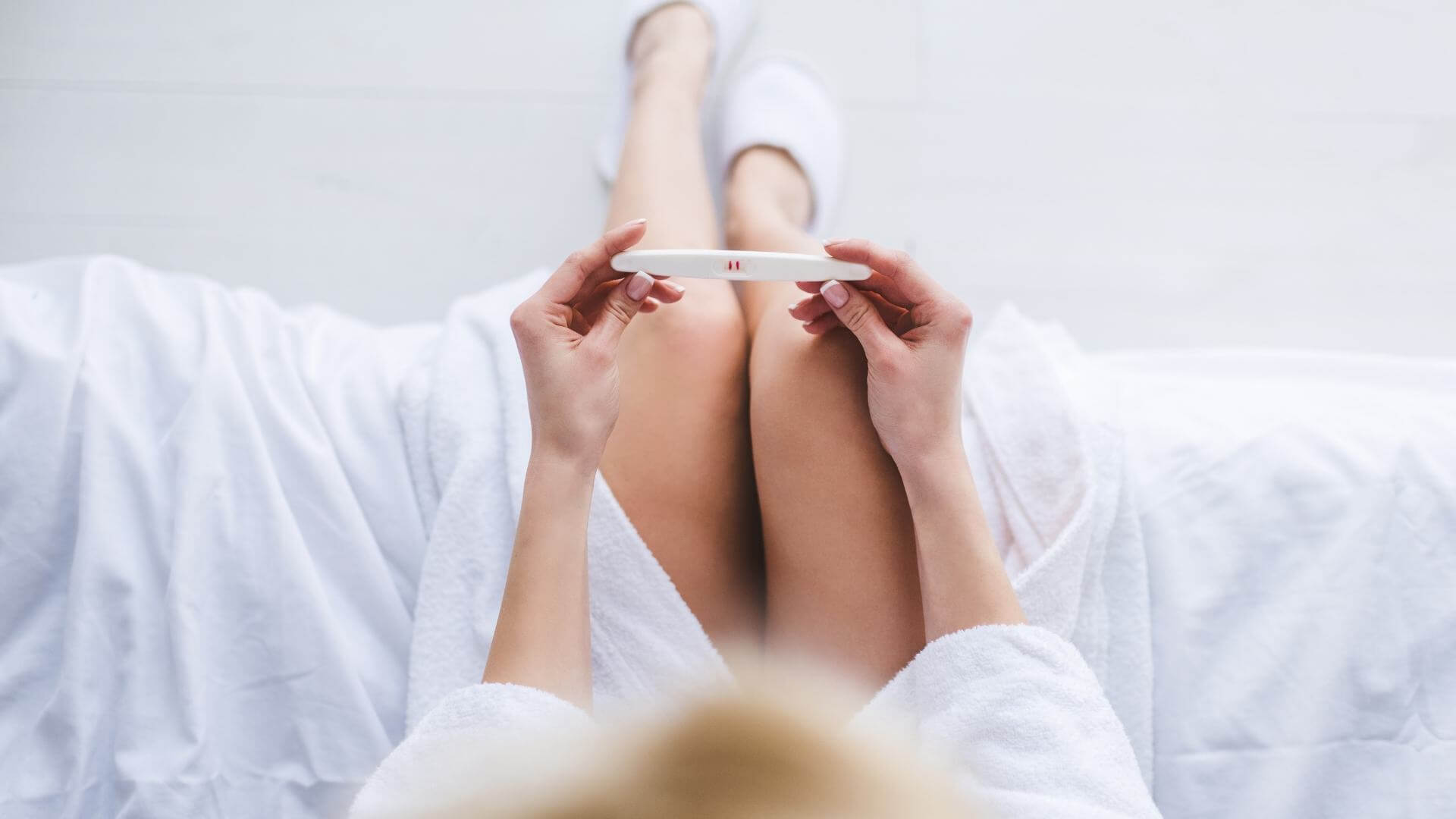Can I get pregnant with polycystic ovary syndrome?
Doubts about whether or not it is possible to get pregnant naturally due to having polycystic ovary syndrome (PCOS), or whether you will have difficulties being a mother, are so common that in this article we are going to delve into the subject.
First of all we want to reassure you: yes, it is possible to have children despite having polycystic ovaries.
It is estimated that one in four women has polycystic ovaries, but not all develop the syndrome. In the latter case, it is possible that the woman will have to be treated. But there are still medical alternatives.
Let's see which cases will require fertility treatment or hormonal help to conceive when a woman has polycystic ovary syndrome.
Difference between polycystic ovaries and polycystic ovary syndrome (PCOS)
Indeed, these are two different concepts that affect women's reproductive behavior in different ways.
Let's know in a very summary way what the ovulation process is like in women: the ovaries are made up of follicles. Inside them and surrounded by a protective liquid are the eggs. And in each menstrual cycle a few mature.
On the day of ovulation, the egg that is at its optimal moment of maturation and ready for fertilization is released into the fallopian tubes.
However, if the ovary is polycystic It is not always able to produce enough hormones for the follicle to mature. The symptoms are that you have irregular periods because they need more time to mature or even that they are not released and that you do not have your period that month.
Beyond not being able to know the exact moment of ovulation, it does not mean that a woman with polycystic ovaries cannot get pregnant.
You will have alterations in the regularity of ovulation and it will be difficult for you to plan when to have sexual relations to increase the probability of pregnancy based on your menstrual calendar or by measuring basal temperature, because the day of ovulation will be very variable.
However, The woman diagnosed with Polycystic Ovary Syndrome (PCOS) will show additional symptoms: absence of ovulation, tendency to obesity and more hair than usual.
This syndrome is due to the excessive production of male hormones in the ovaries. And it is one of the causes of female infertility.
The good news is that in many cases, fertility specialists are able to treat this hormonal problem and achieve ovulation induction. Furthermore, it is interesting that the fertility supplement is tailored to your needs.
Does this mean that with PCOS you cannot conceive naturally? No, there are many women who have had their children without resorting to in vitro fertilization.
It may interest you
- Fertilovit: the benefits of folic acid for couples seeking pregnancy
- FertyBiotic and female fertility
What are the symptoms of polycystic ovaries?
It is something that is easily detectable through a simple ultrasound. This could be confirmed during your gynecological check-up visits.
You can ask your specialist's office if you detect any of these symptoms:
- Irregular periods or not having them some months.
- Menstruations that sometimes have abundant flow and other times very light.
- Obesity.
- Acne.
- Excess hair on the face, chest, abdomen...
In addition to the ultrasound, a blood test that measures hormonal levels will give your gynecologist a clue for the diagnosis.
What can you do to get pregnant while having PCOS?
As you can see, a woman with polycystic ovaries is capable of ovulating, and that is why it is possible to get pregnant.
However, you will not know the exact time of your ovulation. Not even using technology to detect your most fertile moment And therefore, how to detect pregnancy with polycystic ovary syndrome will also have its peculiarities since irregular cycles cause doubts when deciding when to take the pregnancy test.
The most extreme case would be one in which your period has completely stopped (amenorrhea). However, it is usually associated with other pathologies.
So, beyond solving your main question, These are our tips if you are looking for pregnancy and have polycystic ovary syndrome:
- Have more frequent sexual relations: since you don't know when you are ovulating, the more you try, the greater the chance of getting it right.
- Take care of your diet: make it healthy and balanced to combat obesity, which reduces the chances of success in conception.
- Exercise regularly – the healthier your lifestyle, the better.
- Stress reduction: This goes for all women (and men) looking for a baby.
- Don't get obsessed with timing: a sexually healthy couple can take up to 5 months to conceive. There are cases of women with PCOS who achieve it in less than a month... It is unpredictable.
- Let yourself be advised by a fertility specialist: following up and following their recommendations will help you.
- Try to be calm: relaxation exercises will be great for you to let nature take its course.
- If you have taken the contraceptive pill to regulate your periods, you can detox your body to eliminate all remains and impurities. Nido-Sano infusions are specially formulated for this.
It is important that you stay calm and not worry too much about it. It's something quite common. There are many women with polycystic ovaries (who have not even been diagnosed) who right now have children and became pregnant naturally.
It may interest you:
- Premenstrual Syndrome Why do I suffer from it? What are the causes?
- 🌱Because fertility can be improved naturally. Tips to conceive naturally.
Products for polycystic ovaries and PCOS



